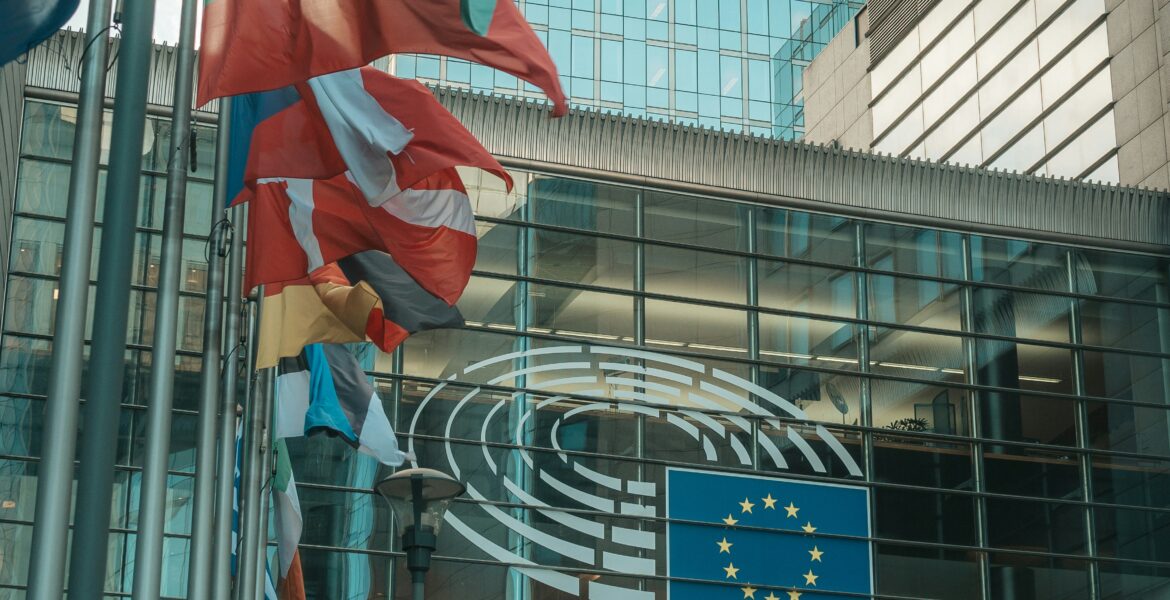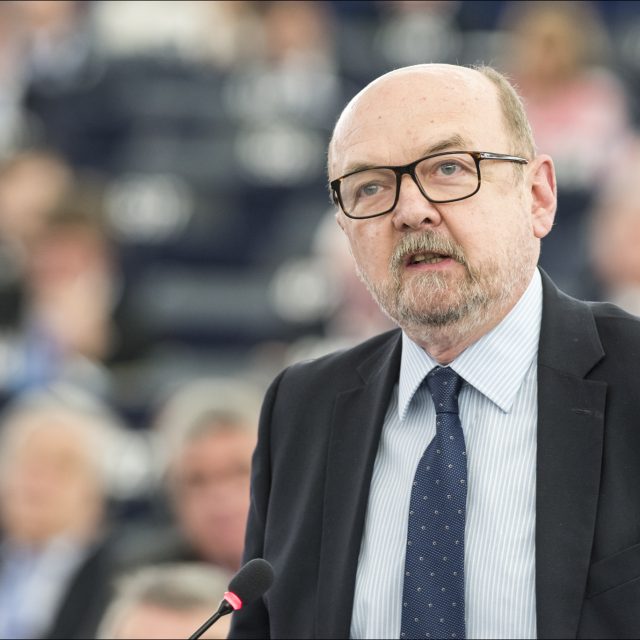Photo by Eduard Delputte on Unsplash
The European Union this week decides on its leaders and who will steer the 27-strong bloc for the next five years.
With bitter wars still waging in Ukraine and the Middle East and countless other crises, the votes on EU leaders come at a pivotal time for both the Union and wider international community.
The top job – president of the EU Commission – is expected to again go to Ursula von der Leyen.
Her fate will be decided by the newly elected EU Parliament which will decide whether von der Leyen will remain at the helm of the European Commission for another five years. Crucially, the former German defence minister has the support of the EPP, the biggest political grouping in the Parliament.
MEPs have, however, already made a decision on another of this week’s key appointments.
On Tuesday, Euro deputies re-elected Roberta Metsola, a centre right MEP from Malta, as President of the European Parliament until 2027, with 562 votes in the first round.
In her speech to MEPs in Strasbourg, Metsola made a veiled reference to the attempted assassination on Donald Trump, saying, “Polarisation in our societies has led to more confrontational politics, even political violence.”
“The easy answers that divide our communities into “us” and “them”. We need to move beyond this zero-sum thinking that has excluded people, that turns people away. That foments anger and hate rather than builds hope and belief. We understand that the comfort of such easy politics offers no real solutions.”
She noted that the EU parliament “stands for the opposite” and “wants to build rather than destroy.”
It is a parliament “that is not afraid to take the difficult path, that is able to find and use its voice for the common good, that is the counter to autocracy, that doubles down on the need to fight for the rule of law and that understands that we must truly all be equal in Europe.”
ECR joint leader Nicola Procaccini was happy with the outcome and said: “Roberta Metsola has proven her commitment to dialogue and openness to balance and compromise, even when there are strong differences of opinion. She is able to build bridges and find common ground across political camps.”
Attention now shifts to the election of the EU Commission president.
The vote on Thursday (18 July) is a secret ballot of MEPs and many expect it to be close.
Ahead of the vote, Fredrik Erixon, of the European Centre for International Political Economy (ECIPE),a leading think tank in Brussels, said, “Ursula von der Leyen developed a European political persona during her last five years in Berlaymont.
“But I still struggle to understand what she stands for: did she campaign for more of the same or a break with the past five years?”
Spanish MEP Iratxe Garcia Perez, who leads the Socialist group in the EU Parliament, the 2nd biggest in the assembly, warned that support for the next president of the European Commission “does not come as a blank cheque.”
She noted, “We expect them to deliver on crucial priorities for EU citizens.”
Now in its tenth term, the European Parliament will have 720 seats, 15 more than at the end of the previous legislature.
Some 54% of MEPs are newly-elected (in 2019 the share of newcomers was 61%) and the share of women is 39% (it was 40% in 2019).
Lena Schilling (Greens/EFA) from Austria (23 years old) is the youngest MEP, while Leoluca Orlando (Greens/EFA) from Italy (77 years old) is the oldest. The average age of MEPs is 50.
At the beginning of the tenth term, there are eight political groups, one more than in the previous legislature. 32 MEPs remain non-attached.




